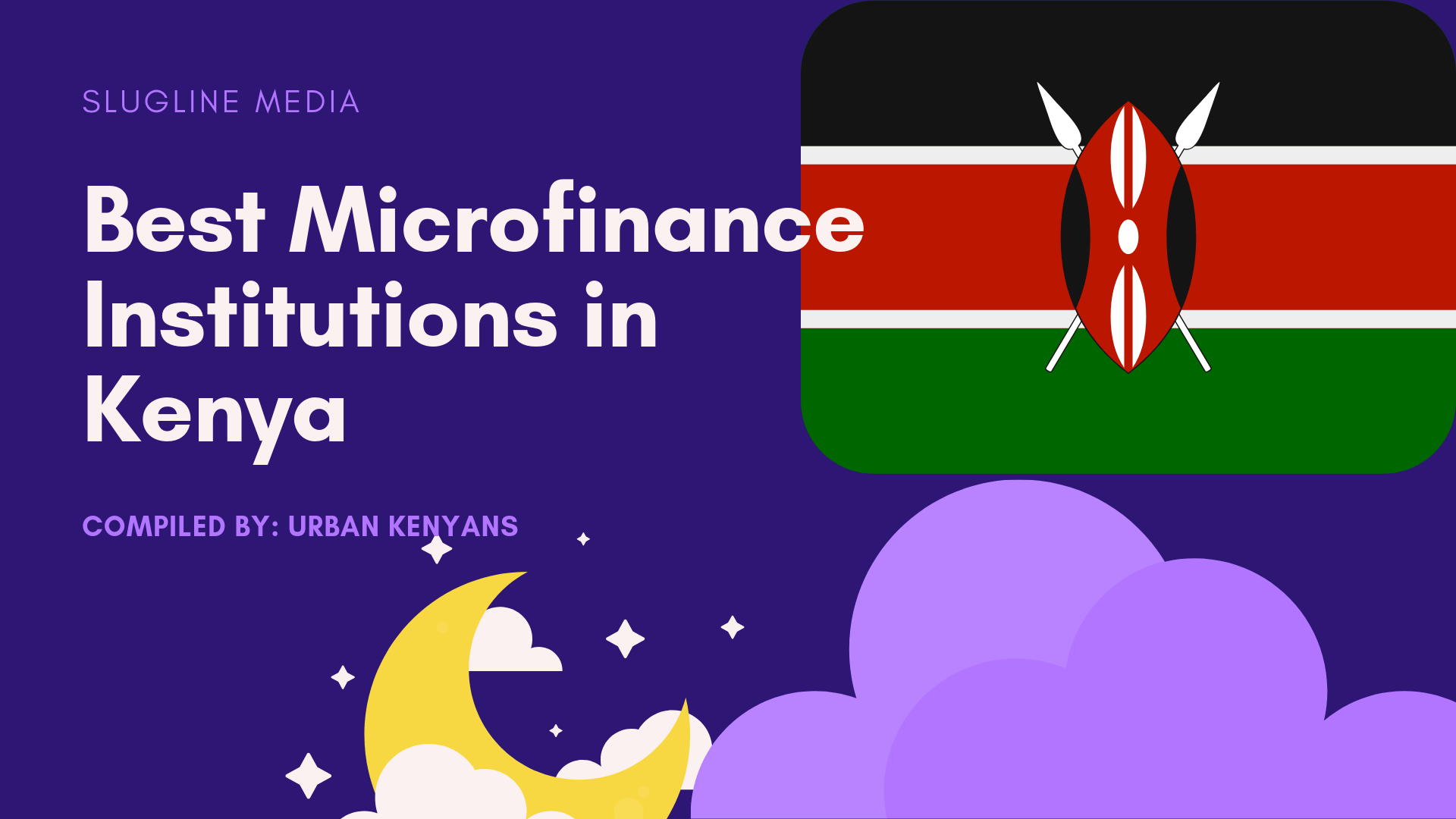It can get really hectic to sort out which projects which have solid value propositions as well as realistic implementation techniques/timelines. This is because with hundreds of ICOs completed and many more still ongoing/planned. In this post, we outline some blockchain startups that have been funded by ICO crowd sales which are expected to make major moves. This includes in terms of expansion, customer acquisition, partnerships, token price and more if they deliver as expected.
Several factors were considered in making this list. These factors include team strength, current project phase (early development phase highly preferred), integration of blockchain technology in core operations, ease of product’s regulatory compliance, innovative edge, and (potential) use cases. Also importantly considered were ease of use (user experience) and addressable market size.
Civic (Token: CVC)
Civic focuses on (digital) identity management and verification where users of its application can use it to secure their identity. They can also use it as an authenticator as it replaces the current complex KYC processes available. With Civic, users’ information is stored only on the device. Such that there is no central point of failure and users get notified when companies request their information (as well as what is being requested).
With the high cost of identity fraud, this solution is not only an excellent way to eliminate/minimize fraud but also, it cuts down the costs of KYC procedures for companies (the average financial firm on KYC procedures in 2016 is $60 million USD).
Its team sees former Gyft’s CEO, Vinny Lingham as its Co-founder and CEO.
Civic plans to release “Civic Marketplace” in 2018 which will have trusted identity verification providers. This is as “validators” who “will be able to verify the identity of an individual or business, known as a “User,” and ‘stamp’ or record this approval on the blockchain in the form of an attestation.” People who will use the marketplace service are “Service Providers who are seeking to verify the same information about a given user, and who may include other validators, would no longer need to independently verify that information and could instead leverage the work already performed by trusted validators.”
Stratis (Token: STRAT)
Stratis works to create enterprise-level blockchain solutions specially tailored for the corporate world. It uses C# and .NET which by far offer the biggest network of developers and are widely currently used by enterprises which will make adoption/integration easier.
Its platform aims at making blockchain easier for businesses by taking a holistic approach towards integration. It involves creating design patterns, carrying out immense unit testing as well as creating entirely customizable. There is also private blockchains to suit clients’ needs. While the Stratis blockchain is used as the base network infrastructure, every blockchain built on top of it is created as a side-chain. So it can guarantee that solutions can be customized on the side-chains. And it can significantly lower the risk of any network-wide attack.
Releases expected in 2018 include smart contracts (which are believed to be one of blockchain’s “killer apps”), Stratis Academy (which teaches developers how to use its tools), and side-chains.
Golem (Token: GNT)
Golem offers a platform where the sharing economy meets computing power. It decentralizes computation by having users sell their redundant computation power to those who need it. This creates a peer-to-peer model of sharing computing power with no central point of failure.
Its network can be used to speed up processes while greatly reducing costs. Several use cases for this technology include speeding up processes involved in machine learning, business computation, cryptocurrency mining, and many more.
Most of its core releases are expected in 2018. They include its basic (as well as full) task API, application registry, support so Software-as-a-Service (SaaS) applications, and many more.
AdEx (Token: ADX)
AdEx offers a decentralized blockchain-based advertising platform beneficial to all three parties involved i.e. publishers, advertisers, and web users. For publishers, they get to select which ads are displayed on their sites. And get all the revenue accrued with no fees attached. Advertisers get protection against ad fraud as the AdEx network ensures that each ad is displayed to real people and it offers users control of their privacy. It also ensures that they get only well-targeted ads (self-selected by the users).
So far, it has netted in partnerships with video streaming platform Flixxo, smart economy platform, NEO (formerly Antshares), and several others.
Aventus (Token: AVT)
Aventus offers a blockchain-based ticketing platform that puts the power back in the hands of event organizers. The two key problems they are focused on solving are ticket-touting. This where tickets are bought on websites by bots and resold at a way higher markup on other sites. The other one is a fraud (counterfeit tickets being sold on multiple sites).
With Aventus, event organizers get a commission from every resale. They can also decide what the markup range of resellers should be as well as set up and run events for a fraction of the cost (an estimated 10% of what it currently costs organizers). This is while users get the chance of counterfeited tickets eliminated as tickets are verified on the blockchain including their sale status.




